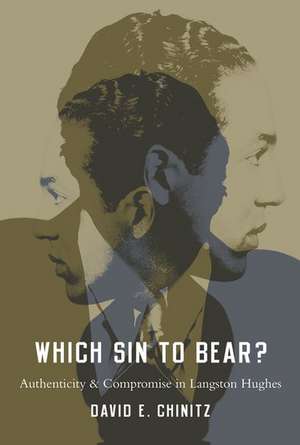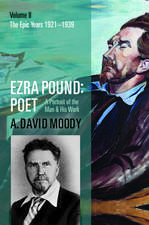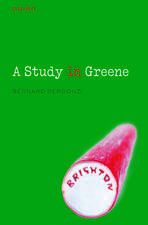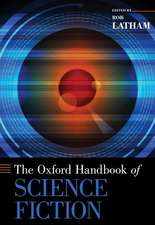Which Sin to Bear?: Authenticity and Compromise in Langston Hughes
Autor David E. Chinitzen Limba Engleză Paperback – sep 2016
| Toate formatele și edițiile | Preț | Express |
|---|---|---|
| Paperback (1) | 226.46 lei 31-38 zile | |
| Oxford University Press – sep 2016 | 226.46 lei 31-38 zile | |
| Hardback (1) | 432.32 lei 31-38 zile | |
| Oxford University Press – 7 mar 2013 | 432.32 lei 31-38 zile |
Preț: 226.46 lei
Preț vechi: 275.77 lei
-18% Nou
Puncte Express: 340
Preț estimativ în valută:
43.33€ • 45.24$ • 35.86£
43.33€ • 45.24$ • 35.86£
Carte tipărită la comandă
Livrare economică 24-31 martie
Preluare comenzi: 021 569.72.76
Specificații
ISBN-13: 9780190623968
ISBN-10: 0190623969
Pagini: 288
Dimensiuni: 231 x 170 x 18 mm
Greutate: 0.43 kg
Editura: Oxford University Press
Colecția OUP USA
Locul publicării:New York, United States
ISBN-10: 0190623969
Pagini: 288
Dimensiuni: 231 x 170 x 18 mm
Greutate: 0.43 kg
Editura: Oxford University Press
Colecția OUP USA
Locul publicării:New York, United States
Notă biografică
David E. Chinitz is Professor of English at Loyola University Chicago. His publications include T.S. Eliot and the Cultural Divide and, most recently, A Companion to Modernist Poetry.
Recenzii
Which Sin to Bear? is a brilliantly argued intervention in the ongoing critical debate about the ultimate meaning of the art of Langston Hughes. In the process, David Chinitz sheds invaluable light on a full range of collateral topics of genuine importance to our understanding of African American literature in particular and American literature in general.












